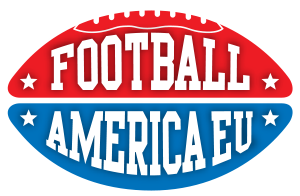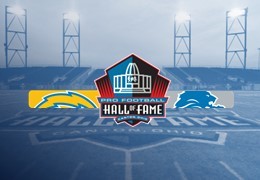The NFL Preseason is an exciting time for football fans, signaling the return of the game after a long off-season....
Search in blog
Blog categories
Latest posts

The Most Popular Helmets Among 2024 Pro Bowlers 05/02/2025 Read more
Posted in: Football Equipment
2287 views
When it comes to player safety and performance in the NFL, the helmet is one of the most important pieces of...

Super Bowl LIX Predictions: Who Will Take Home the Lombardi Trophy? 08/01/2025 Read more
Posted in: NFL News & Insights
2176 views
It’s the most wonderful time of the year—not Christmas, but the NFL Playoffs! As the new year begins, 14 teams are...
Popular posts

What Facemask Do I Need? A Closer Look at American Football Facemasks 18/11/2024
Posted in: Football Equipment
2459 views
In American football, safety always comes first. While much attention is given to the helmet, it’s the facemask that...
Read more
What Equipment do I Need to Start Playing American Football? A Rookie’s Guide to American Football 27/09/2024
Posted in: Football Equipment
2459 views
If you’re new to American football, you’ll quickly realize that it’s more than just a game—it’s a way of life for...
Read more
Exploring the Wilson Omega: The Future of Football Technology 03/01/2025
Posted in: Football Equipment
2369 views
The Evolution of Football Equipment: Introducing the Wilson Omega Football has witnessed tremendous growth over the...
Read more
Are the Adidas Adizero 13 the Best Fitting Gloves in Football? A Comprehensive Review 25/09/2024
Posted in: Football Equipment
2324 views
Football gloves are a crucial part of any player’s gear, especially for wide receivers, defensive backs, and running...
Read more
The Most Popular Helmets Among 2024 Pro Bowlers 05/02/2025
Posted in: Football Equipment
2287 views
When it comes to player safety and performance in the NFL, the helmet is one of the most important pieces of...
Read more





